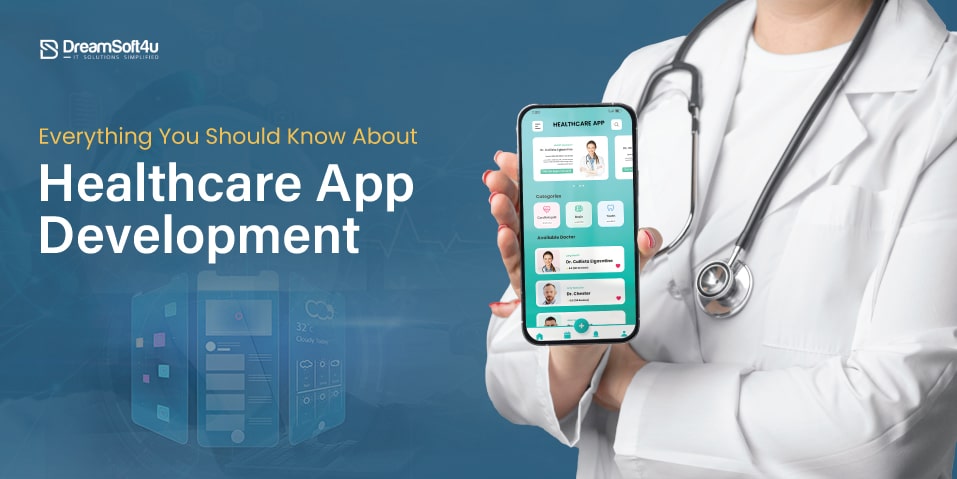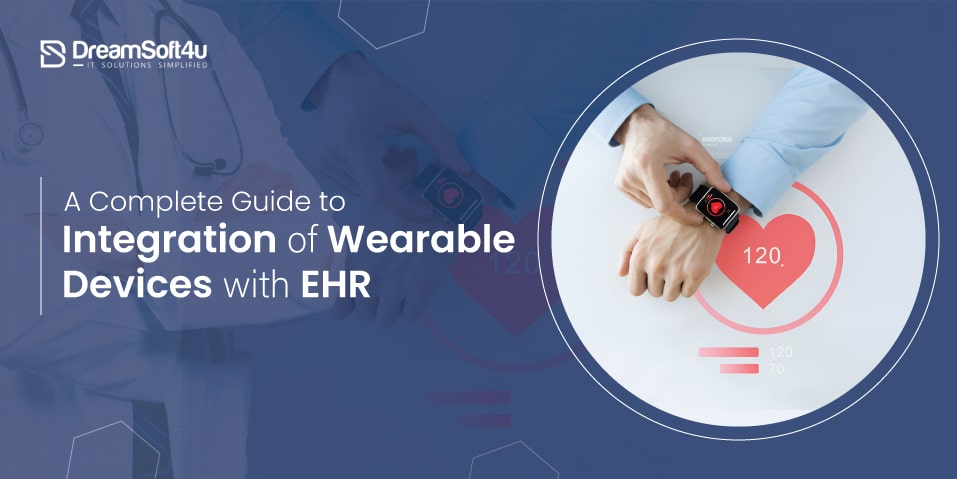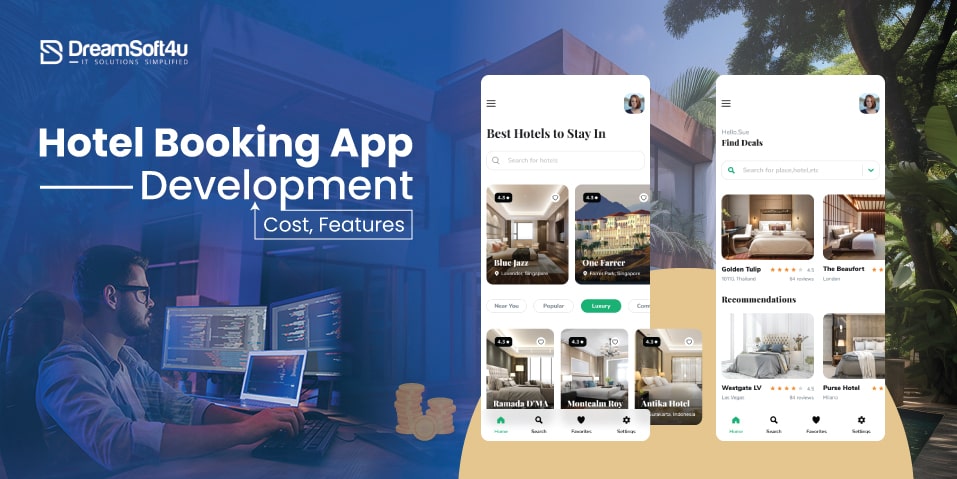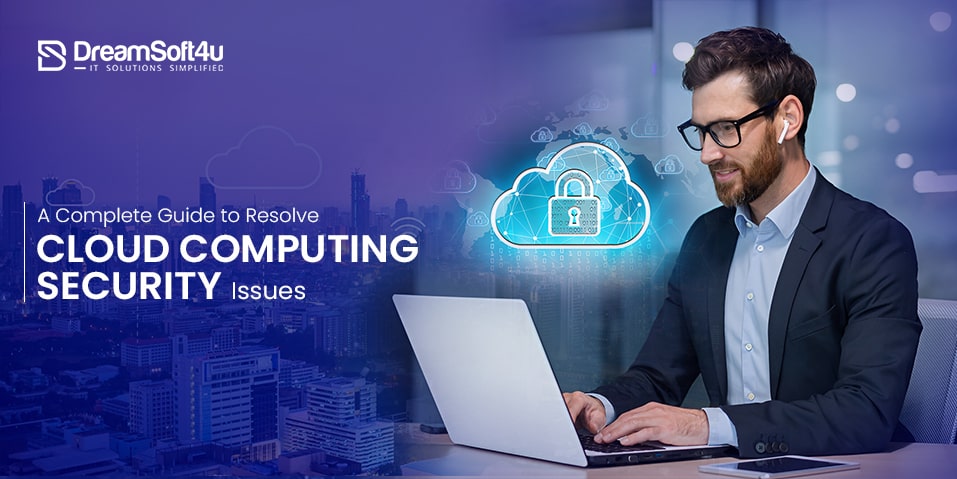Table of Contents
ToggleWhat is Call Center Software?
The importance of superior customer service is understood by any company owner. Improving customer loyalty today also comes down to the introduction of software for call centers. Along with many other functions, this technology can simplify call routing and recordings.
It can be a daunting method to pick a call center solution, however. First, you need to decide what kind of system suits your particular business model best. From there, it’s about picking the functionality that the agents need to offer the highest-quality service possible for clients.
Call Center Software is an application of various networks and outlets that provides the capability to handle customer interactions. It allows agents to make outgoing calls, process incoming calls, track call indicators, and control the workforce.
A community of individuals conducts all telephone calls in a call center, and the Contact Center is the center for all customer interactions by phone, email, chat, or social media.
Call center software helps organizations to process a vast array of inbound and outbound consumer communications through a number of networks.
For marketing, customer service, and other uses, companies may use call center software. Multiple means of contact, including phone, email, live chat, instant messaging, SMS document, and social media, can be handled by this system. Various types of call center applications are provided, including auto dialer, call centre displays, call accounting tools, call analytics, predictive dialer, computer telephony integration (CTI), interactive voice response (IVR), and automated contact distributor (ACD).
Without a question, call center platforms are on the list of required online enterprise software, which is an important tool for any offshore software Development Company and software Development Company that strives to offer professional customer service.
Based on how calls are handled and interpreted, as well as the equipment that is used Call centers can be classified into the following categories:
1. On-premise call center systems:
On-premise systems run via in-house servers often referred to as legacy or conventional call center applications. These servers are housed in a physical position in the call center office, such as a data room. Both servicing and IT upgrades must also be performed on-site manually, enabling companies to retain total control of their apps.
On-site contact center equipment uses direct telephone lines to handle incoming and outgoing calls, not an Internet connection. Landlines strive to have a phone call that is higher quality than cloud-based services that do not need a reliable internet link to operate.
2. Virtual call center systems (SaaS):
The virtual model allows the software development company to substitute a modern one for the conventional, consolidated call center, where it can communicate with clients using its own devices. The distinction is that the seller is the one hosting the hub, and it is not important for the business to update, but rather to pay its monthly costs. Generally speaking, a mobile contact center is a call center in which operators or members of customer service are globally distributed as opposed to being physically clustered in a single location. “Virtual” agents operate from home or remotely.
3. Cloud-based call center systems:
In this scenario, SaaS is applied to cloud computing, which means that the call center can be hosted in the cloud and accessible from anywhere without the need for a particular application to be downloaded or enabled. As the most accessible ones, cloud-based call centers are known. It is the Best call center software solutions for smaller service agent units, for remote-based enterprises, and for those with tighter IT budgets. It is easy to set up and manage, more cost-effective, and allows organizations more power and exposure of their activities.
Types of Call Center Software
There are a number of call center software solutions in the market, some of these are as follows:
1. Inbound call center solution
This is one of the popular tech systems for call center solutions. Only incoming calls are allowed. It includes various advanced features, such as automatic routing of calls, IVRs, call scripts, etc. It was used in customer service centers for use.
2. Virtual call center solution
Often call centers work remotely, where all workers work from home. Highly safe and scalable software was essential in order to maintain this virtual work environment. This software is considered a virtual call center solution. It helps call centers to work remotely.
3. Blended call center solution
With the transition in time, individuals continued to feel the need for a call center management system that could have functionality incorporated in both inbound and outbound calling campaigns. A blended call center solution was then unveiled by industry experts. In this, both functionalities of inbound and outbound call center applications have been merged into a single structure.
4. IVRS
The IVR (Interactive Voice Response) solution is merely a feature of a wide range of software in modern solutions, such as intelligent call center software. It has, however, historically been used by many corporations, and small businesses still use this approach to reach their customers or respond to their calls and take appropriate action, such as gathering information from the receiver or automatically supplying the caller with the necessary information.
5. Omnichannel call center solution
It provides all functions that are easy to advance to run unidirectional or omnidirectional calling campaigns. It is new call center software. In addition, it provides coherent lines of communication such as:
- Calls
- Messages
- Live chat
- IT help desk
6. Outbound call center solution
This kind of software, as the name implies, was designed to include applications to help outbound calling campaigns. Manual dialer, auto dialer, speech transmitting, etc. were some of the key features present in this software. The software was used mainly in telemarketing centers.
7. Smart call center software
It is the most innovative form of approach call centers. It provides all the functionality provided by existing and new technologies for call center solutions. It uses statistical analytics to have much more efficient applications, in addition to that. In addition, it provides excellent live statistics and fraud prevention functionality to secure the company’s apps and other properties.
Features Every Call Center Software Must Have
When it comes to operating a call center, certain simple functionality will make a huge difference, such as being able to calculate the time operators spending on calls or the operators make the most calls. Some of the most useful and standard features found in call center applications are here:
1. Auto-recording
Through listening to it, there is only one real way to realize the efficiency of the calls handled by the call center staff. Therefore, the need for all calls coming into the center to be recording. The auto-record function makes sure you can record all inbound and outbound calls.
2. SMS tracking
SMS will get lost in transit outside calls. The SMS monitoring feature lets you keep tabs on all text messages sent and received from leads through your agents. It also lets you work out which messages can be converted into scripts that are automatic. For e.g., “I called, but you were busy” messages that can be sent to leads and customers if they cannot choose calls.
3. Call transfer and three-way calling
For nearly all call centers, being able to move a consumer to another agency, or facilitate access to a third party, is important. Without this feature, few systems are sold, but it is worth testing only in the event that.
4. Interactive Voice Response (IVR)
The first voice customers hear right after contacting you is an Interactive Voice Response. IVR allows you to quickly assign your client calls and be available 24 * 7. Through DTMF keyboard tones, it connects with your consumers and offers personalized replies to your callers. In other words, an IVR functions as a virtual receptionist. It allows you to greet your caller with a customized welcome message and connect in their native language with your callers.
5. Live call coaching
This encourages the third party without hearing the caller communicate with an operator, which assists with teaching and mentoring.
6. Skill-based routing
The second significant must-have for every call center software is skill-based routing. Everybody saves time and money with automated call routing.
Benefits of Call Center Software
In general, benefits of call center software include:
#1 Greater efficiency and productivity
Your customer support agents will easily build incoming cases using a call center software framework, monitor them with ease, and escalate them as necessary. Modern routing software allows calls to be automatically routed to the appropriate agent when real-time notifications are made, allowing agents to respond rapidly and easily and share information.
#2 Improved Customer Service
By using call center solutions, better client interactions, will make the colleagues’ workload much simpler and thereby dramatically reduce the tension associated with it. This is important when working with multiple forms of clients on a regular basis. There are management call center tools that can help you build a more professional style and, in exchange, create a rewarding customer experience.
#3 Enhanced Data Access
Agents have greater access to the data of a customer, with call centers software. Call center software centrally organizes the data of consumers, having data on everything from personal records to the buying and service history of consumers. This helps agents to communicate in a timelier, detailed, and personalized way with consumers.
#4 Enhanced reporting metrics
Technology from the call center software provides administrators with the details they need to make rational choices. Just a couple of the reports available to support the management team include the ability to monitor call frequency, case categories, case hours, up-sell rates, and sales per call.
Tips for Choosing Right Call center Software
Follow these expert tips and advice about what to look for and how to determine the best call center software solutions in order to make the correct purchasing decision.
# Tips 1 Be aware of integrations:
The call center is not a facility that is stand-alone. It needs to connect with other portions of the business. Be sure that any call center software you recommend is able to interact with your CRM, tools for social networking, applications for helpdesk, and even tools for marketing. A disconnect is the last thing you can afford, which would result in dissatisfaction and a lack of contact with your staff and clients.
# Tips 2 Service is a major factor.:
Customer care is important, as you would definitely know, so you need to make sure the call center tech provides the finest customer experience ever. That’s how you need to ensure that the payment goes out easily and safely. If you have any concerns, you also just need to know that their customer service is polite and straightforward.
# Tips 3 Ensure security and compliance:
In this day and age of safety leakage and identity stealing, you can’t be too vigilant. To keep your data secure, make sure that the call center software you use uses top-notch encryption and the new security steps. You would want your clients to feel comfortable giving private information over the telephone or other channels of communication.
Last words…
Dreamsoft4u Pvt. Ltd. is the best software development company in USA which aims to deliver cutting edge Software Development Services according to our clients’ requirements to straighten out complex issues throughout their digital evolution journey. Our experienced team of developers delivers fully-functional and scalable solutions by using latest methods, tools, and practices.
Want to reach us then contact us: (+1)-949-340-7490 | Mail at enquiry@localhost










